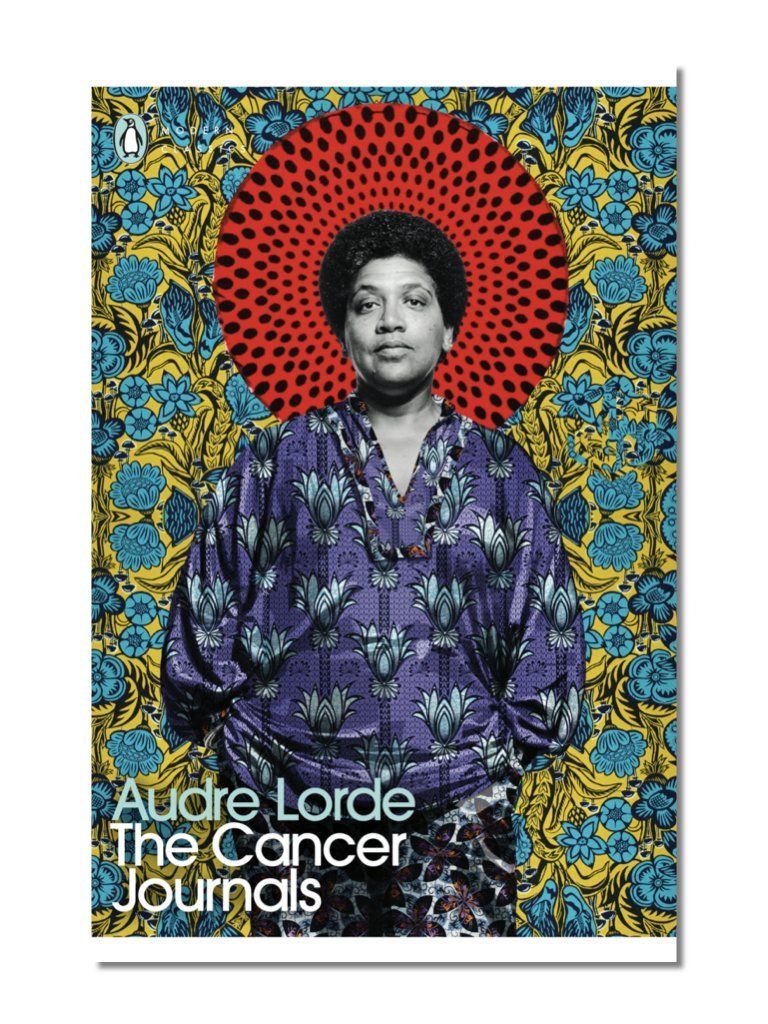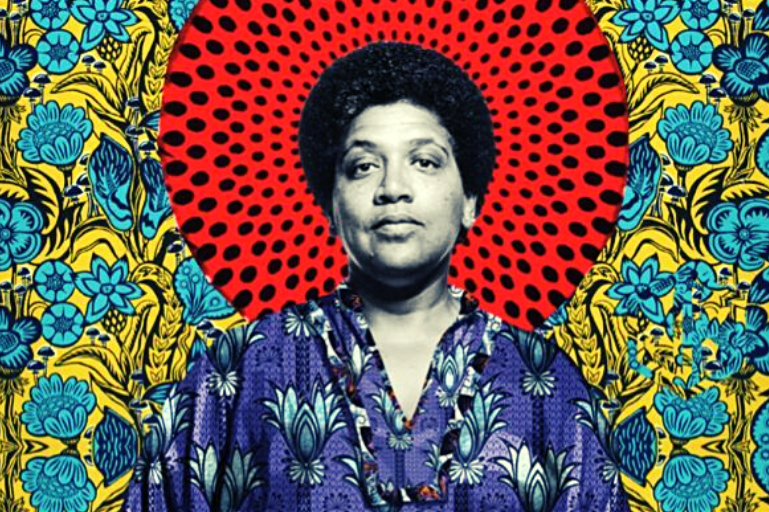Image Courtesy: Book cover (Penguin) of Audre Lorde's "The Cancer Journals"
Audre Lorde in her book The Cancer Journals, a powerful account of her struggle with breast cancer and mastectomy, writes,
"Women have been programmed to view our bodies only in terms of how they look and feel to others, rather than how they feel to ourselves, and how we wish to use them."

The perception of breast cancer, a serious health crisis, as a crisis of cosmetics and desexualisation is harmful. Mastectomies are seen as a loss of the heterosexist feminine ideal creating a distorted perception of health and well-being. Cis-heteronormative beauty standards view breasts as essential to beauty, sexual desire, motherhood, and as essential markers of traditional femininity. Bodies deemed “flat-chested” or with one missing breast are seen as incomplete or inadequate. The enormous pressure to conform to this ideal, to pass as one’s earlier healthy self has normalised reconstruction surgeries after mastectomy.
Mastectomy is not an easy surgery to undergo. And recovering from mastectomy without simultaneous reconstruction is faster. Yet, in some cases, women tend to opt for a mastectomy, even if it is not needed, as they believe “double mastectomy plus breast reconstruction will give a better, more symmetrical cosmetic result.” The fear of mastectomy is reinforced by the idea that only bodies that cater to established gender binary norms are deserving of intimacy. Although in recent times, more people are now embracing their post mastectomy bodies and rejecting reconstruction surgery, citing a “desire for a faster recovery and avoidance of a foreign body placement”.
The pink-dominated branding, marketing, and commodification of breast cancer awareness is fuelled by the highly gendered perspectives that sideline the struggle of trans men and non-binary people with breast cancer.
Breast cancer is not a crisis of aesthetics and femininity, but of life and well-being. This reframing of the disease can result in superficial concerns getting prioritised over the existential challenges and anxieties that cancer brings.
"It is not my intention to judge the woman who has chosen the path of prosthesis, of silence and invisibility, the woman who wishes to be 'the same as before.' She has survived on another kind of courage, and she is not alone. Each of us struggles daily with the pressures of conformity and the loneliness of difference from which those choices seem to offer escape. I only know that those choices do not work for me."
- Audre Lorde, The Cancer Journals






